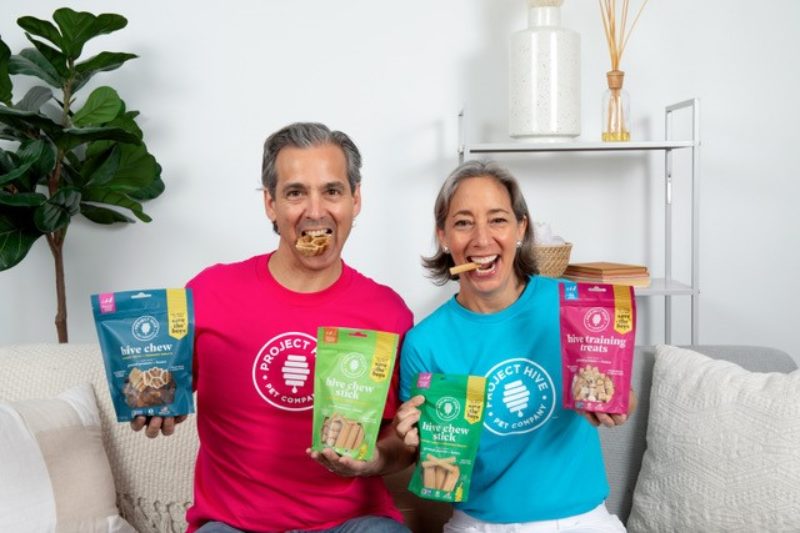Why Buying Bulk is More Sustainable
By Melissa Rappaport Schifman
One of the many reasons I love Wedge and Linden Hills Co-op is its wide variety of bulk products. From grains and nuts to spices to cleaning supplies, they offer some of the best bulk selections in town. But beyond cost savings and unique product offerings like yogurt-covered pretzels, buying bulk is a much more sustainable way to shop. Here are three reasons why.
Reduce packaging waste. This is the most obvious environmental benefit. When you buy bulk, you’re not purchasing that same product’s single-use package, which ends up in our waste stream. You may counter that argument with, “wait, I recycle!” The truth is, though, a lot of food packaging is not recycled. Stand-up pouches, for example, are made with layers of mixed materials (like paper and plastics) that cannot be easily separated for recycling.
All waste is a problem, but plastic waste is particularly harmful to our soil and waterways. According to a recent OECD report, only 4% of all plastic waste is recycled in the United States. The rest is landfilled (73%), incinerated (19%), or mismanaged (4%). And all of these forms of disposal still require resources.
Less food waste. Buying “bulk” does not have to mean purchasing large quantities. It just means buying the amount you want. Perhaps you have a recipe that calls for a tablespoon of za’atar, a spice mixture you’ve never tasted. Shopping bulk allows you to try out just the amount you need. (I made the mistake of buying an entire package of Tapioca Flour when I only needed ¼ cup. The rest sat in our cupboard for too long, wasted.) Another benefit: bulk food products are fresher! Some local flours and grains, for example, come directly from the mill. Fresher food lasts longer in our homes, reducing food waste.
Lower carbon footprint. When you look in your fridge or pantry, look at all that packaging. Think about what it takes to source the materials for each package, the ink needed to print it, and the energy required to manufacture it. Then the package is shipped—usually once to be filled with ingredients, then again to a warehouse, then to the store, and then to your home. Whether glass, aluminum, paper, wood, plastic, or other synthetic materials, all take quite a bit of resources throughout their lifecycle. Granted, the type of product you purchase is the more significant driver of its carbon footprint. But all else equal (meaning, you’re buying that product either in bulk or in a package), you’ll be decreasing your carbon footprint—and overall environmental footprint—by forgoing that manufactured package.
Nothing is “sustainable” by itself, but we can take action to shop more sustainably. Buying bulk, preferably with your own reusable bags or containers, reduces packaging and food waste and saves resources. Over time, that can add up to a lot less pollution of our air, land, and waters.
My favorite bulk products? Almonds, popcorn kernels, and spices! What are yours?
A co-op member for over 20 years, Melissa (“Lissie”) Rappaport Schifman is a LEED Accredited Professional, sustainability consultant, author, and business owner. Lissie and her husband Jim are founders of Project Hive Pet Company, a B Corp Certified company that sells USA-made dog toys and treats with a mission to save the bees.
